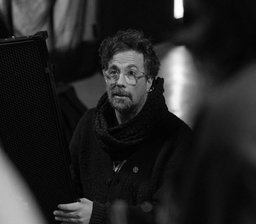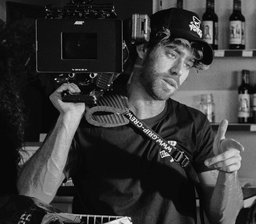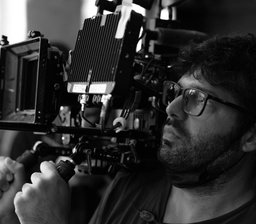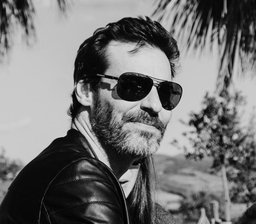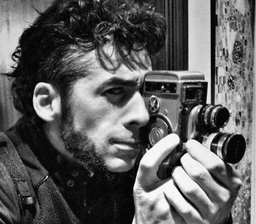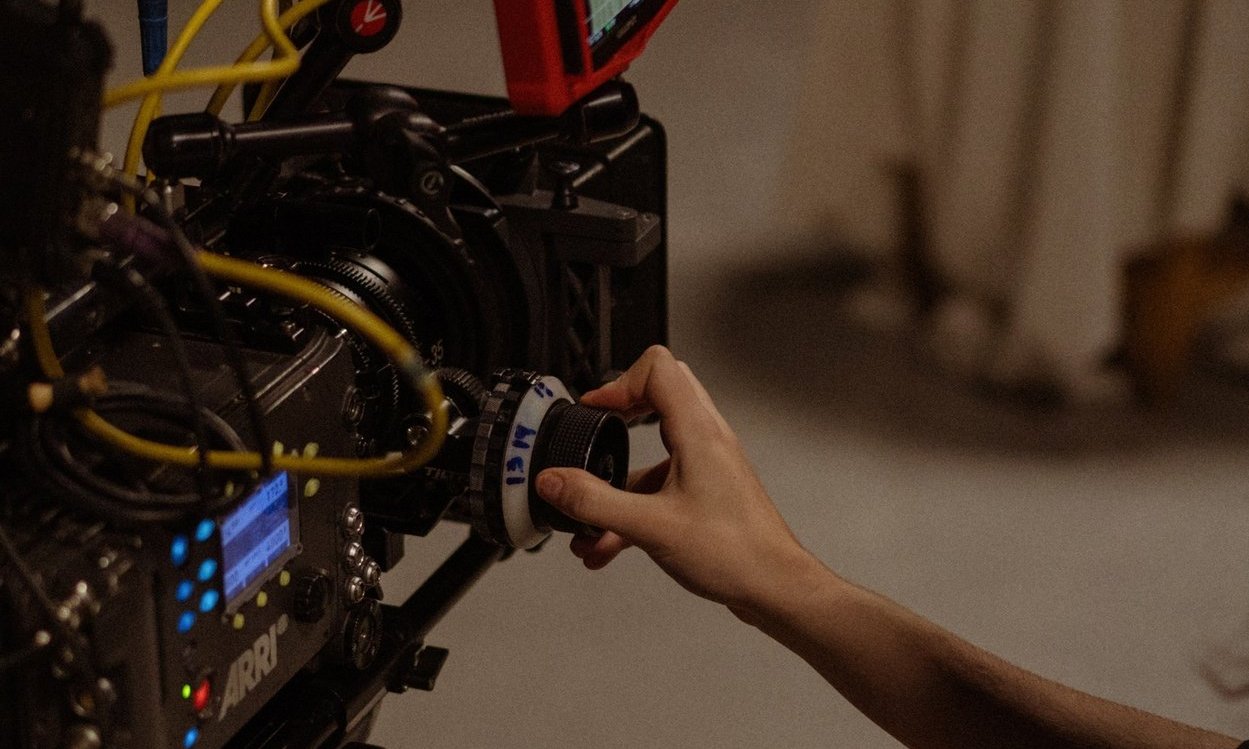Introduction
Diploma in Cinematography in Bilbao: Comprehensive Training in Visual Storytelling
The Diploma in Cinematography is a three-year specialized academic program designed to train future Directors of Photography in the challenges and responsibilities of the Cinematography Department within a professional audiovisual project.
Throughout the program, students gain expertise in lighting, composition, color, lenses, and camera techniques, mastering every aspect of the cinematic process. This enables them to engage in any creative, technical, or practical process, collaborating with all departments within the Spanish film industry.
Moreover, the training takes place in Bilbao, a city experiencing significant growth in the audiovisual sector. In 2024, supported productions increased by 11% (168), shooting days by 26% (1,294), feature films by 133% (28), and series by 57% (11). This expansion makes Bilbao a strategic hub for specializing in cinematography and professional filmmaking.
If you aspire to build a career in cinematic photography, this diploma in Bilbao offers a unique opportunity to train in a dynamic and rapidly growing industry.
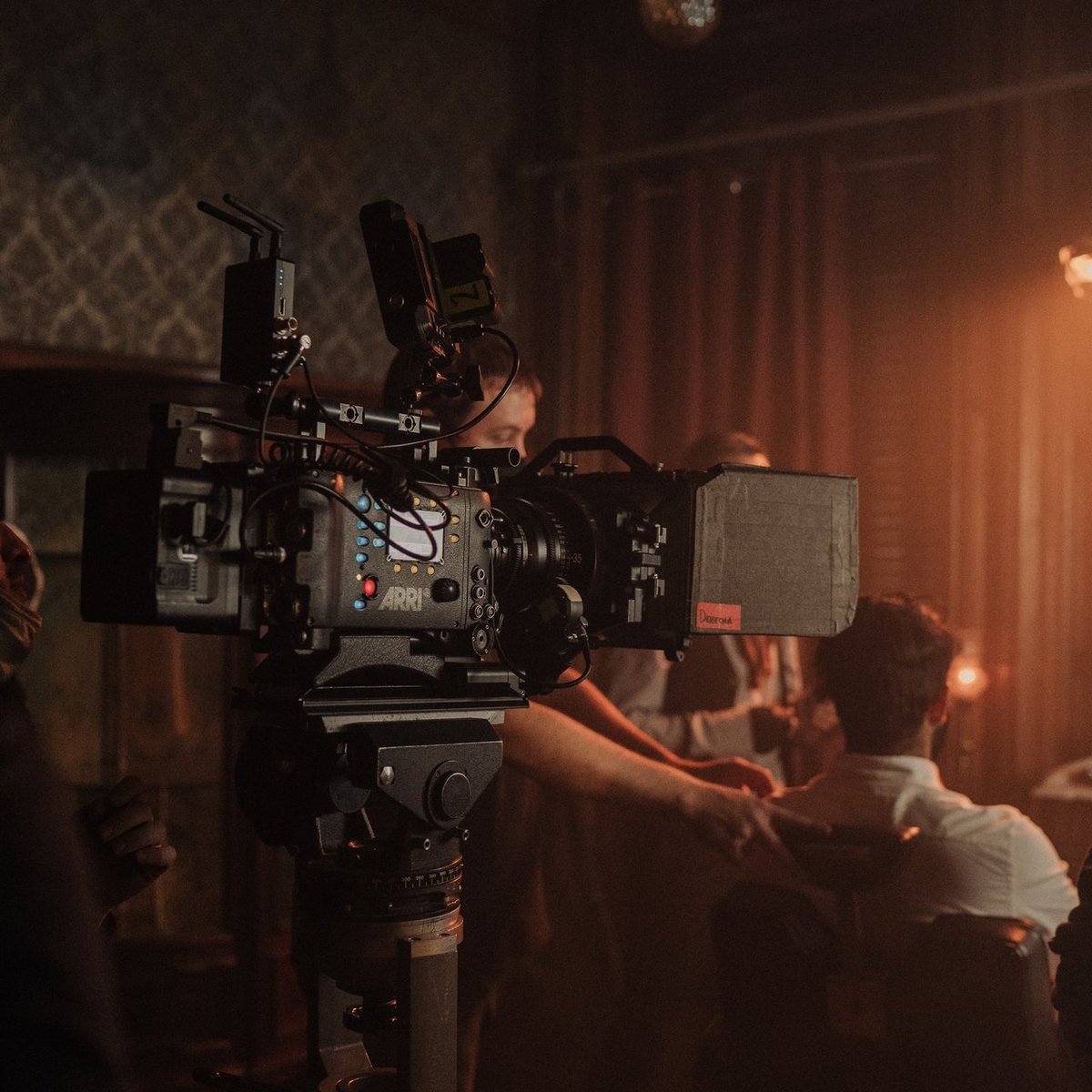
Diploma
Get Your Info Now!Dates
Enrollments
Timetable
From October to June:
Afternoon schedule from 3:00 PM to 6:00 PM.
Formation hours
More than 1400 teaching hours + joint practices.
Information
- Small groups.
- Specialized Masterclasses.
- Own title.
Target audience
This diploma has been designed for anyone who wishes to explore their artistic concerns within the framework of a cinematographic work from its lighting and visual facets. It is highly recommended to have linguistic virtues, general culture, photographic interests and the capacity for both effort and group work. Any previous training in audiovisual, art history, photography or fine arts will be beneficial to the student.
Who you'll become
As director or director of photography of a cinematographic work. Once you successfully complete the degree, you will be able to assume photographic authorship of a fiction project, working together with all the departments involved in the development of a film. You will know all the vocabulary, all the techniques and all the debates that enliven cinematographic creation from its photographic approach. Likewise, you will be able to collaborate in making decisions that cover issues of lighting, optics, framing, composition and colorimetry.
In any member of the photography direction department of a work of fiction, thus knowing the responsibilities and functions of a camera operator, a camera assistant, a camera assistant, a machinist, a DIT, a Video Assist, a colorist or a gaffer and an electrician.
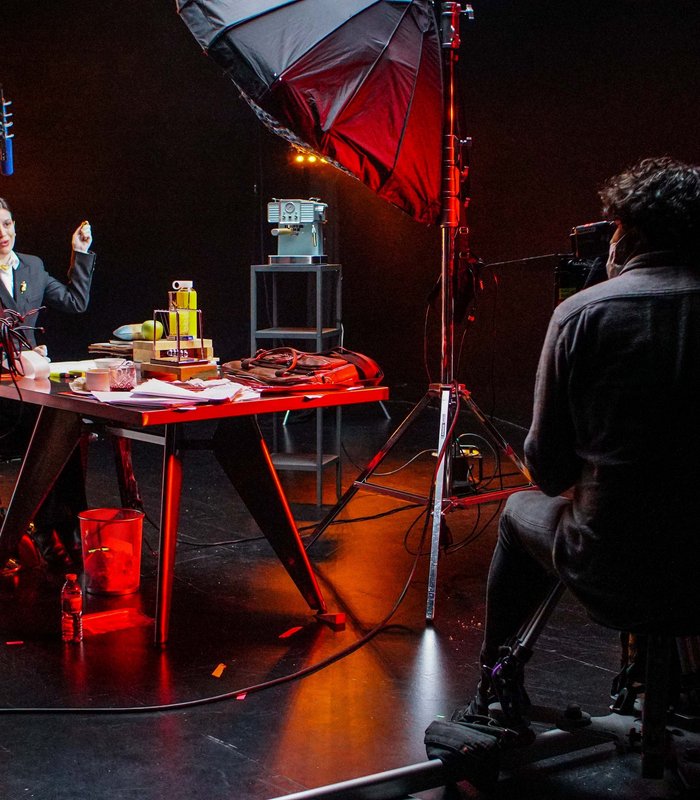
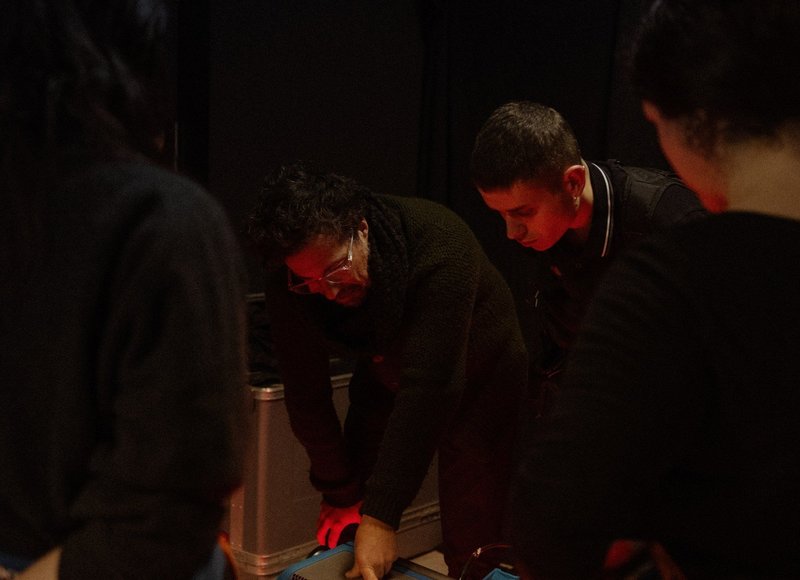
Our way of teaching
You will begin by acquiring all the vocabulary essential for understanding and thinking about cinematography. Once this common language is established, you will assimilate all the necessary protocols for carrying out a film work, whether it is typical of a pre-production, filming or post-production phase. Immediately, you will experience the creative process within the framework of a so-called institutional cinema and then explore the counterproposals developed throughout History. Finally, you will synthesize everything you have learned in a final stage where you can formalize your own vision in accordance with the contemporaneity of our discipline.
Study plan
For more information about our study plan, fill out the form and contact us.
Enrollment, registration and prices
Request all the information by filling out the contact form, writing us an email, calling us by phone or visiting us in person.
We will send you all the necessary information so that you can register.
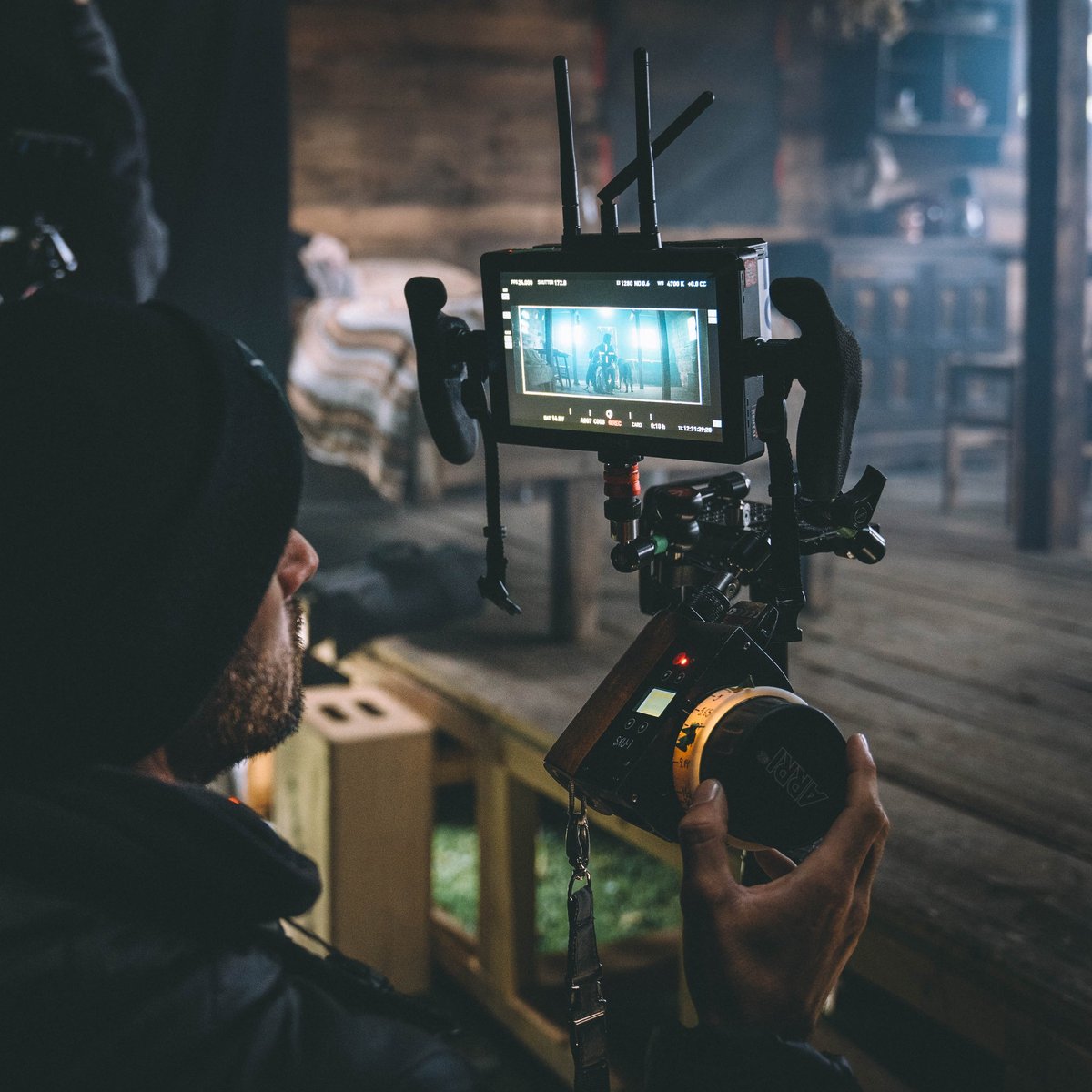
Contacts
Ver mapa
Customer service schedule
- From Monday to Friday:
9:30 a.m. to 2:00 p.m. and 3:00 p.m. to 6:00 p.m. - Saturdays and Sundays closed

Diploma Program Content
| Nombre | Descripción |
|---|---|
| Dramaturgia | Introducción a la dramaturgia y la estructura narrativa: desde Aristóteles hasta la posmodernidad. |
| Lenguaje | Introducción a conceptos de lenguaje, de lenguaje artístico y de lenguaje cinematográfico. |
| Ontología cinematográfica | De la superficie a la esencia cinematográfica. |
| Historia del cine | Del protocine a la hypermodernidad. |
| Ontología y Praxis de la Dirección de Fotografía | Retos, desafíos, fondo e implicaciones de la dirección de fotografía. |
| Cámaras, ópticas e Imagen | Propiedades de la imagen y sus correlaciones materiales. |
| Fuentes y tipos de luz | Comprensión y desarrollo de la cuestión lumínica aplicada al cine de ficción y a las narrativas visuales. |
| Esquemas y tipos de iluminación | Investigación práctica de los modos de iluminación narrativa y sus efectos. |
| Composición y movimientos | Pensamiento narrativo y plástico del encuadre cinematográfico. |
| Trabajos y talleres prácticos | Aplicación a la práctica cinematográfica de los conceptos teóricos vistos en clase. |
| Colorimetría | De la teoría del color al etalonaje. |
| Filosofía estética | Introducción a la filosofía estética contemporánea |
| LAB Largometraje | Del cortometraje al largometraje: fundamentos y desarrollo de un proyecto de largometraje. |
| Investigación | De la elección del tema y el marco a la metodología |
| Historia del arte | Introducción a la Historia del Arte. |
FAQ - Questions and Answers
What will I learn in the Film Directing course?
You will learn to develop your vision as a director, from the conception of an idea to the final production, working with screenwriters, actors, and technicians to build your own visual language.
What is the duration of the Film Directing course?
The Film Directing diploma lasts three years, during which students progress from learning technical and narrative fundamentals to directing complex and professional projects.
Is it necessary to have prior experience to enroll?
This diploma program is designed for those who see the world through light.
For those who look at a face and perceive contrast, color, and shadow.
For those who feel that the camera not only captures but also interprets reality.
If you're drawn to how light defines the emotional tone of a scene, if you're fascinated by how a composition can change the meaning of a story, then this is the place for you. Cinematography is for those who want to tell stories with their vision, for those who understand that every shot is an aesthetic and emotional choice.
You don't need prior experience, just curiosity, sensitivity, and discipline. Here you'll learn to create intentional images, to think of light as a language, and to understand the camera as an extension of your gaze.
How is student progress evaluated?
Through practical work, class participation, guided exercises, and the completion of a final project, which is assessed both technically and creatively.
Does the course offer networking or job placement opportunities?
Yes, you will collaborate with students from other specialties and take part in real film shoots, helping you build a strong professional network from the very beginning.
Can I present my own project as part of the course?
Yes, the course encourages the development of original ideas. You will be able to submit personal proposals and work on them under the guidance of the faculty.
What kind of projects will I carry out during the course?
You will complete several practical exercises, including short films and scenes, covering all phases of the filmmaking process: scriptwriting, shooting, and post-production.
Who are the course instructors?
The teaching team is made up of active professionals from the film industry: directors, screenwriters, editors, and producers with extensive experience in the field. Watch Teachers
Is any type of certificate awarded upon completion of the course?
Yes, you will receive a certificate from the school that validates your participation and the knowledge gained throughout the course.
Will I have access to technical materials and filming equipment?
Yes, you will have access to professional cameras, lighting and sound equipment, and editing rooms to carry out your projects following industry standards. Watch facilities
Professors
